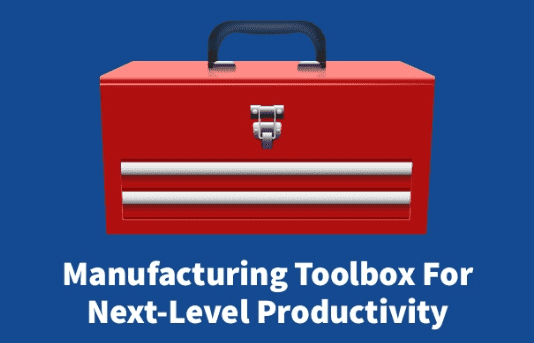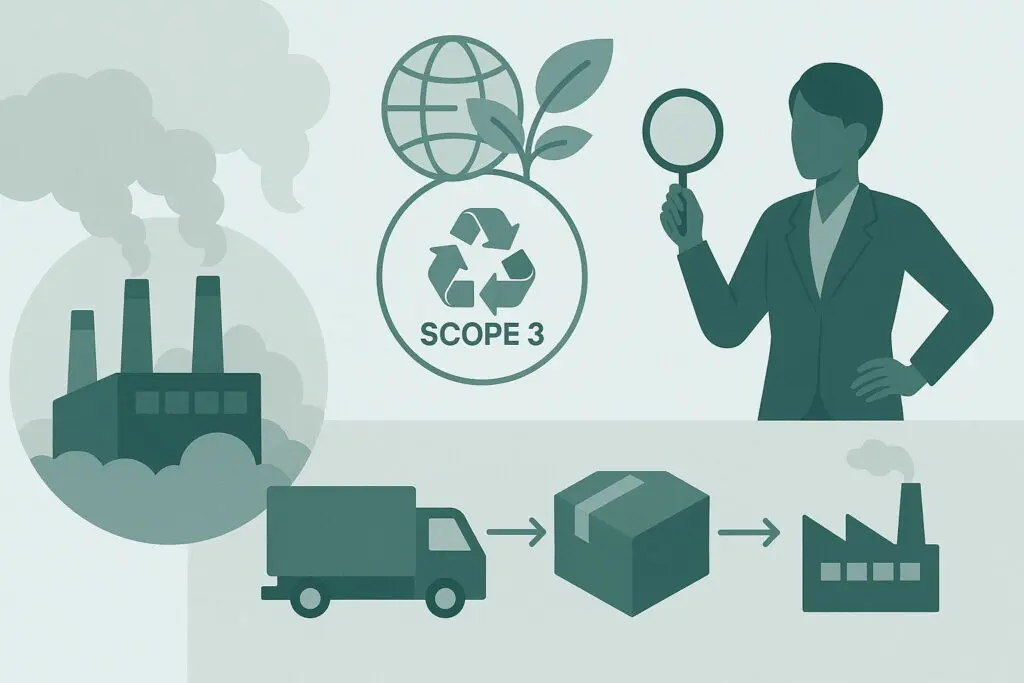
Manufacturing Toolbox for Next-Level Productivity
The story of the manufacturing industry has been one of progress. Few manufacturers continue to produce the same products as they did in their infancy years. In order to remain competitive, manufacturers must continue to evolve their products to meet the demands of the marketplace. But meeting consumer demand is only half the battle — the other half is staying up to speed with industry advancements.
New technology brings a host of changes that manufacturers must recognize. For example, increasing dependence on automation leads to the need for more skilled workers who understand these advanced systems. If workers cannot adapt successfully, organizations could find themselves struggling to keep up with the rest of the industry.
To remain competitive in this dynamic environment, organizations should have several tools at their disposal that go beyond the physical equipment and technology innovations used in their facilities. These tools are ideas manufacturers can keep in their toolbox and use to produce next-level productivity. For example, one tool can be an investment in regular maintenance, which can ensure that machinery stays in service for as long as possible. This results in higher productivity and fewer costly downtime periods.
For more ideas manufacturing companies should keep in their toolboxes, check out this infographic containing important concepts manufacturers can use to boost their production and become more efficient overall.
There’s more than one kind of tool necessary for success in manufacturing. Here are some concepts and ideas you should have in your toolbox to yield higher productivity.
More Blogs

Coupa’s Nari Viswanathan on Autonomous Spend, AI Accessibility, and the Future of Planning

